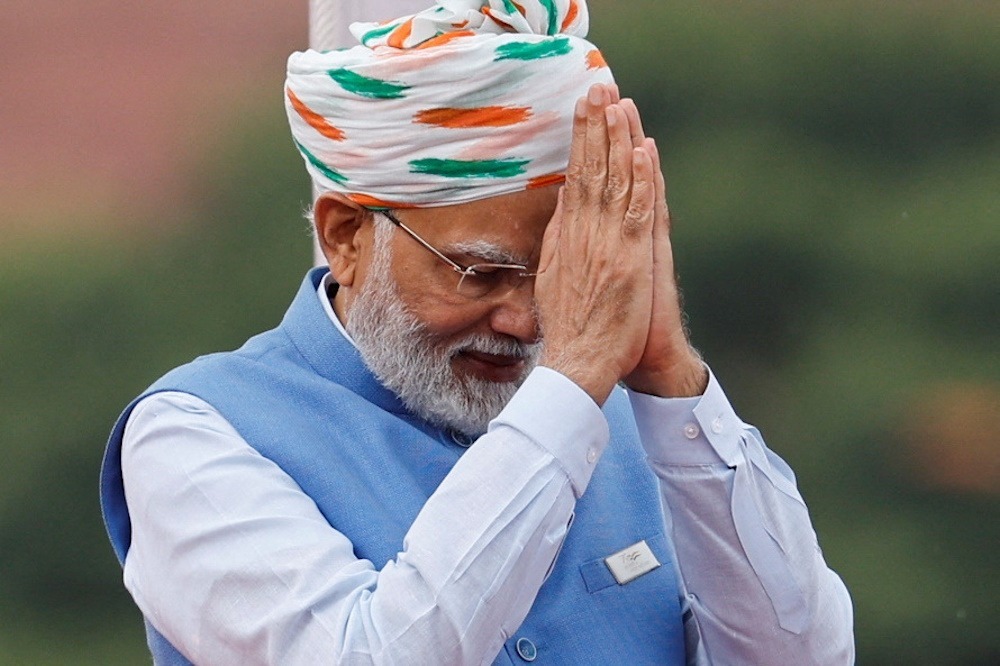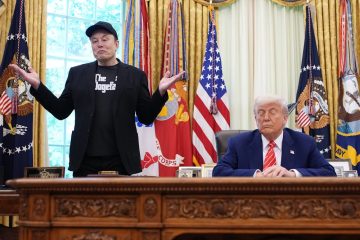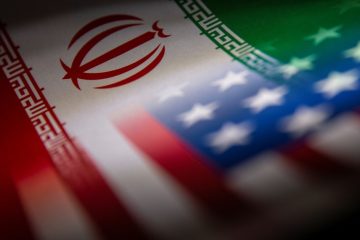Modi is poised to be sworn in for his third term

Indian Prime Minister Narendra Modi has been chosen by the National Democratic Alliance (NDA) to lead a new coalition government for a third consecutive term. This decision comes after the NDA regained power with a narrower majority than expected.
Modi, a prominent figure in Indian politics since 2014, will now lead a government that relies on the support of regional allies whose loyalties have been uncertain. This could potentially complicate the new cabinet’s reform agenda.
Following a disappointing election outcome for his Bharatiya Janata Party (BJP), Modi’s 15 alliance partners gathered at his New Delhi residence and unanimously named him as their leader.
The BJP-led NDA secured a total of 293 seats in the 543-member lower house of parliament, surpassing the required majority of 272 seats to establish a government. The INDIA alliance, led by Rahul Gandhi’s centrist Congress party, emerged victorious with 230 seats, surpassing expectations.
Modi was scheduled to meet President Droupadi Murmu on Friday to present his claim to form a government. The swearing-in ceremony could potentially occur over the weekend, according to an NDA leader who spoke on the condition of anonymity due to lack of authorization to speak to the media.
According to local media reports, the swearing-in ceremony was planned for Saturday.
In a separate development, the leaders of the INDIA alliance, which consists of more than twenty parties, gathered at the residence of Congress President Mallikarjun Kharge in Delhi. “The INDIA bloc will persist in opposing the authoritarian governance of the BJP, under the leadership of Modi,” Kharge informed reporters after the meeting. “We will strategically plan and implement necessary measures to fulfill the public’s aspiration for a government other than the BJP’s.”
Modi’s BJP secured 240 seats independently, reducing its 2019 count by more than 60 seats, primarily in rural regions. This outcome has raised concerns among investors regarding the potential impact on anticipated land and labor reforms, which were seen as catalysts for unlocking value and fostering growth.
According to Fitch, there is an expectation for continued policy continuity despite the slimmer majority. The government is anticipated to maintain its focus on capex push, ease of doing business measures, and gradual fiscal consolidation.
According to the country’s chief economic adviser, the outcome of the election, which was closer than anticipated, is likely to pave the way for productive reforms.
Newspapers reported that there was a perception of a decline in Modi’s influence, as indicated by the Indian Express’s headline: “India reelects NDA for a third term, sending a message to Modi.” The BJP suffered significant losses in two key states, Uttar Pradesh and Maharashtra, which have a large number of seats in the lower house of parliament.
The Congress party secured an impressive 99 seats nationwide, nearly doubling its tally from the 2019 elections. This unexpected surge is likely to enhance Gandhi’s reputation and influence.
During the later stages of the election campaign, Modi aimed to strengthen his support among India’s Hindu-majority by criticizing the opposition for allegedly favoring minority Muslims.
However, due to not having a majority, certain policies of the BJP, like implementing common personal laws for all religions, which face opposition from some Muslims, may be deprioritized. This is because Modi’s regional allies are perceived as being more accommodating towards minorities. Modi’s victory in his seat of Varanasi, located in Uttar Pradesh and considered one of the holiest cities for Hindus, was less pronounced this time. His margin of victory decreased from nearly 500,000 votes in 2019 to a little more than 150,000.
According to Arvind Panagariya, the chairman of a government finance panel, the outcome does not necessarily indicate a state of reform paralysis. In an article published in the Economic Times newspaper, Panagariya expressed his views. “Given the smaller majority in parliament, implementing the necessary reforms is completely achievable.” Delivering consistent growth at an accelerated pace will undoubtedly enhance the government’s position in the years ahead,” he wrote.









